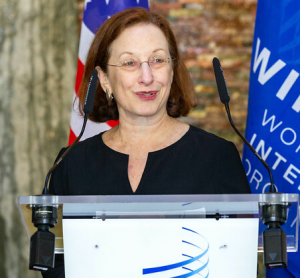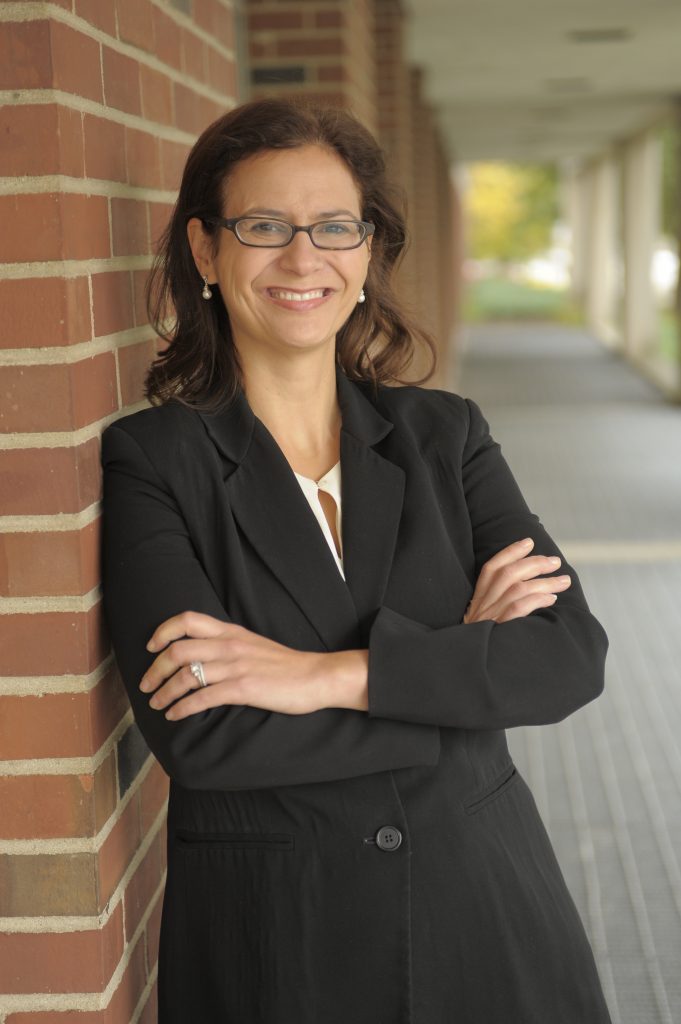In June 2020, the United States Copyright Office put out a request for public input on issues related to states’ liability in cases of copyright infringement. This topic was brought to public attention in March during Alan v. Cooper, where the Supreme Court found it unconstitutional to repeal state’s sovereign immunity in cases of copyright infringement since there was not enough evidence to justify this action. This means that creators whose copyright is violated by the state do not have clear next steps for how to proceed with litigation.
To determine how to move forward, the U.S. Copyright Office was asked to study the extent to which states violate copyright, whether there is a remedy for the creator, and whether the violation is a result of intentional or reckless behavior. The study will inform the decision to repeal this immunity enjoyed by states, which would certainly have consequences for institutions like universities and libraries.

“Main Library”. wabisabi2015. Licensed under a Creative Commons Attribution-NonCommercial-NoDerivs 2.0 license. https://flic.kr/p/238q6et
As a state-funded, land-grant institution, the University of Illinois system is a major stakeholder in this conversation. The University system both consumes and creates a huge amount of copyrighted material and has a responsibility for making sure our community is following copyright law. We also need to make sure we have the freedom to use and share copyrighted materials to help foster the scholarly and educational mission of the institution.
So, Sara Benson, Copyright Librarian and interim head of the Scholarly Commons, and Scott Rice, Deputy University Counsel, submitted their own response to the United States Copyright Office on behalf of the University of Illinois system. They are currently awaiting a response, which is due by October 22, 2020. In this document, Sara describes some of the ways she educates our community on issues of copyright in her role at the library to help us all contribute to a culture of copyright awareness. This is because the responsibility for following copyright law primarily falls to individual people to make the right choices.
And, for the most part, we do! Sara and Scott say that the University system only experiences 3-6 copyright infringements a year, and that these infringements are not the result of intentional or reckless behavior. The University of Illinois community makes a good-faith effort not to infringe copyright, and will continue to be diligent in face of potential legislation that might increase our liability for copyright violations.
Maintaining our ability to use copyrighted materials in our teaching and research is a group effort. So what can you do to be a good copyright actor? Here are a few tips to get you started:
- Cite your sources! Including attribution shows a good-faith effort to credit the original creator. While this doesn’t necessarily protect you from claims of infringement, it is helpful for showing that the work wasn’t used maliciously.
- Learn about Fair Use! Fair Use is a great way to think through whether your use of copyrighted materials is permissible. But, keep in mind that only a lawyer can give you advice on whether your use is a fair use.
- Ask for help! When in doubt, asking for a second opinion is a good way to avoid copyright infringement. Email Sara Benson at srbenson@illinois.edu with your copyright questions (please note that Sara cannot provide legal counsel).
Check out the library’s Copyright Reference Guide for even more tips on how to be a good copyright-actor!



